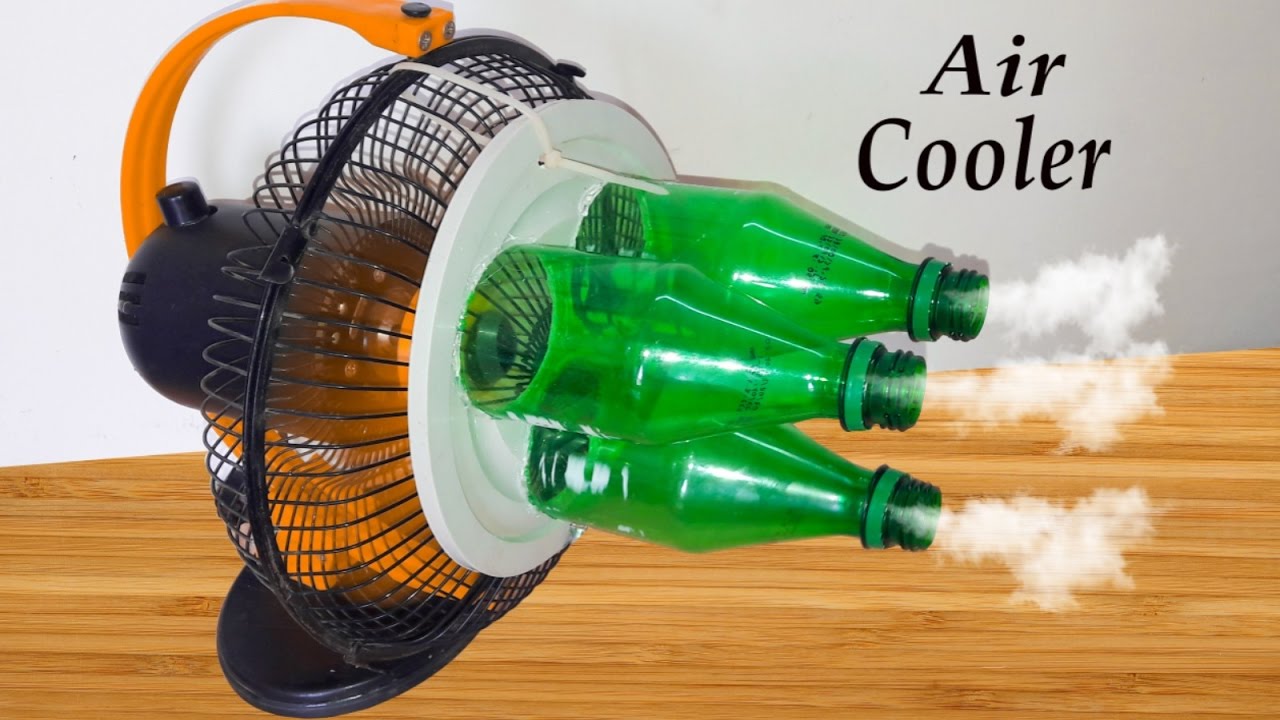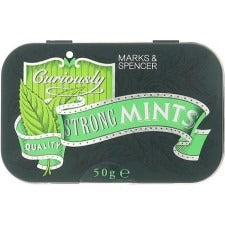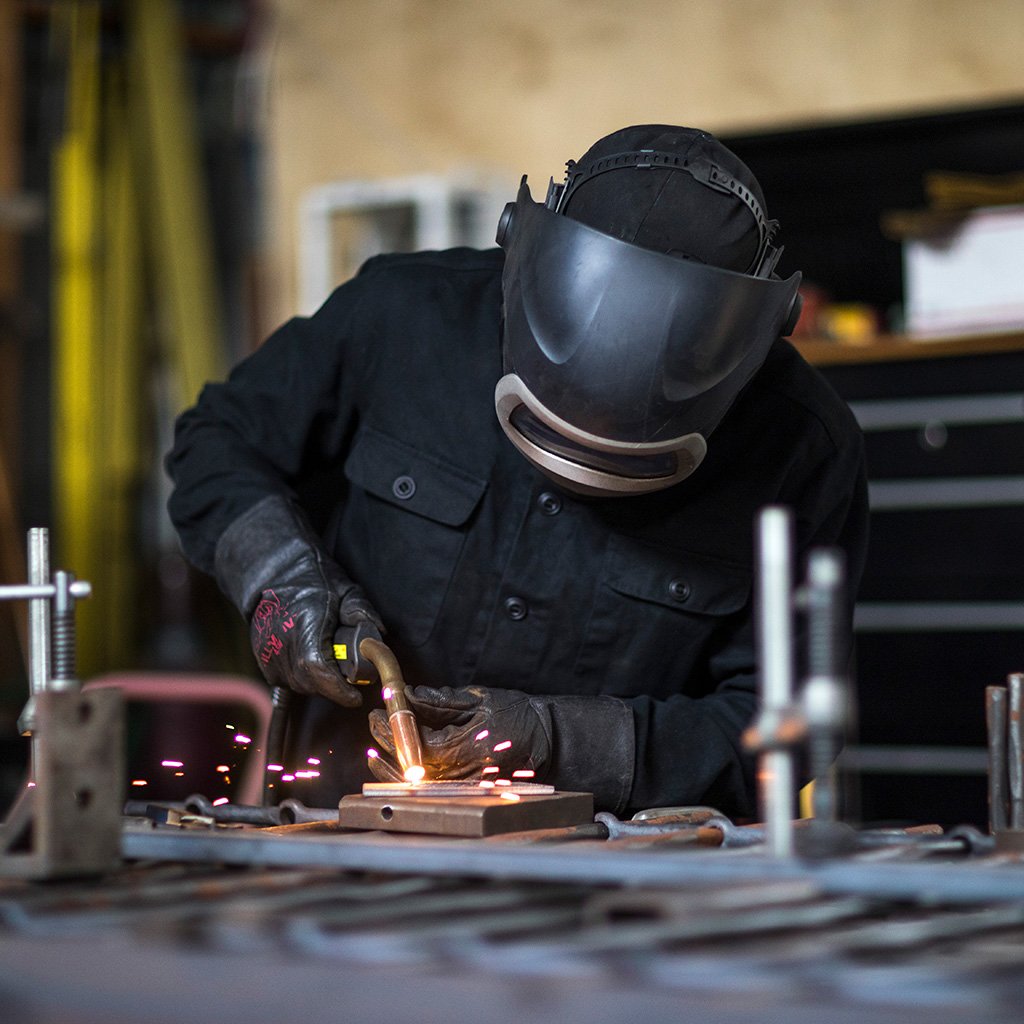
20 Ways to Stay Cool in Summer
Even if the summer season is relatively short, as it is here in the UK, it is still important to have the ability to stay cool. Just in the last few days, England has suffered 5 deaths caused by over heating and it didn't actually get all that hot (around 30oC).
Naturally, those individuals most at risk are usually from a vulnerable group such as the infirm, elderly or the very young, however heat stroke can effect anybody given the right set of conditions. Now
1) Air conditioning! Doh! Obviously, this is cutting edge technology with regards to keeping cool. This list provides an alternative to running air conditioning units within your home or vehicle. Obviously, human kind has managed to survive through thousands of hot summers without the need for A/C so it is doable!
2) Stay hydrated! Sweating is the body's way of regulating temperature. Keeping your water levels topped up means your body will be free to sweat as needed. Make sure you go to bed hydrated as you will expire and sweat out a lot of water whilst you sleep. Don't drink too much unless you want to be getting up to pee all night.
3) Eat smaller meals. Digestion requires potentially large amounts of water, depending on the food type being consumed. Eating a large meal can also make you feel sleepy, which is not ideal in hot weather. Avoid eating hot meals as this can raise your body's core temperature. Spicy food can also have this effect for some people.
4) Change your schedule. In hotter countries, the tradition of the siesta is founded in logic. Getting up earlier to avoid the heat of the day, having a rest at the hottest part of the day and then continuing to work into the (cooler) evening. It rarely gets hot enough for this to be a real solution in the UK but if you work from home or are a person of leisure, why not?
5) Choose or build a home with high ceilings. Cold air sinks whilst hot air rises. This is a principle often taken advantage of in home building in hotter countries. Equally, sleeping lower down to the ground (e.g. placing your mattress on the floor) should also help keep you cooler.
6) Wear loose fitting cotton clothing. Cotton is a good at absorbing sweat and does not dry out particularly quickly, so will keep your sweat in, meaning it keeps you cooler for longer. You could even dampen down your cotton t-shirt with water to help keep you cool.
7) Keep your window blinds up during the day. Blocking direct sunlight from entering your home using blinds or outdoor awnings alone, can reduce the temperature within your home by several degrees.
8) Cross ventilation. Before the advent of A/C, creating a draft within your home was the next best thing. Open windows on opposing sides of your home, letting the air course through. Take note of dominant wind direction and open windows accordingly.
9) Reduce the air temperature with moisture. Hang wet sheets or clothing in front of windows. Through convection, a cool breeze will be carried throughout your home.
10) Switch off electric lighting and gadgetry including televisions and computers. All of theses devices can produce a lot of heat! A couple of light bulbs and laptop can add several degrees of heat to any small/medium sized room.
11) Sleep alone. Hopefully your partner will not be offended at the suggestion. The human body produces a lot of heat. Going it alone may help.
12) Go to bed wet or dampen your bed sheets. This is a great trick, particularly when it's absolutely boiling hot. Combine wet clothing with a fan for the ultimate in chilling technique.
13) Drink hot tea? For British pioneers exploring Africa and South East Asia, a hot cuppa was a solution to over heating. Supposedly, the hot liquid would stimulate perspiration which in turn would help cool a person down.
14) Home made air conditioning unit. Place a large bucket of iced / chilled water in front of a standard desktop fan. You will be surprised at just how effective this can be. Naturally, as the water warms up its effectiveness at keeping the air col diminishes.
15) Sleep outside. This may seem strange to us nowadays but actually, why not. Particularly in England where the number of biting insects is low, sleeping outside may be a good choice. Even in Victorian era housing "sleeping porches" existed, whereby, in the peak of summer families would take to these veranda for the night.
16) Use trees and shrubs to create shade in and around your home. If using non evergreen species, more sunlight will be let in during the winter months. This is an ideal situation.
17) Decorate your home with light colours. Light colours reflect sunlight more effectively and are worse at storing energy.
18) Use a hot water bottle. Fill with iced water and or ice cubes. This will keep you cool under the sheets.
19) Apply ice packs or wet compresses to "pulse" points such as the wrist, neck, inner elbow, behind the knees and around the ankles. Equally, wetting these areas on a regular basis, throughout the day, will help keep your core temperature down.
20) Spray the pavements, lawns and concrete adjacent to and surrounding your house with water. The evaporation effect will help cool the area surrounding your house. Obviously, this is not an ideal solution if there is a hose pipe ban in effect.
One of the most important points here is to STAY HYDRATED. This gives your body the ability to cool itself, as nature intended. Severe overheating, also known as "heatstroke" can result from over exposure to high temperatures and sunlight. If combined with dehydration, a myriad of serious symptoms can occur including heart attack, throbbing headache, severe sweating, skin that is hot to the touch, dry skin, muscle weakness and cramps, nausea and vomiting, rapid heartbeat, rapid shallow breath, confusion, disorientation or staggering, seizures or unconsciousness.
If you come across an individual exhibiting any or a combination of any of these symptoms you can help them by
1) Moving them to a cool place.
2) Get them to lie down and elevate their feet slightly.
3) Get them to drink plenty of water or rehdrating drinks.
4) Physically cool their skin - spray or sponge them with cool water and fan them. As mentioned above, cold packs around the armpits or neck are good too.
Stay with them until they are better or professional medically trained personnel have taken over care. Normally, a person will start feeling better within 30 minutes or so.
Have fun & stay cool!
The Bushgear Team


